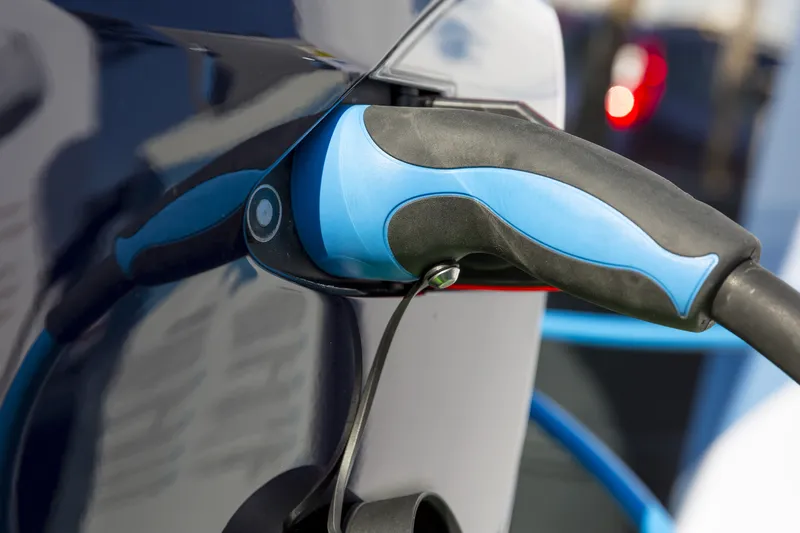China Yuchai International has announced that its main operating subsidiary, Guangxi Yuchai Machinery Company Limited (GYMCL) has inaugurated a new project to develop and produce a full portfolio of natural gas powered engines to complement its existing suite of diesel engines. In recent years, the policies of the Chinese government have encouraged energy conservation and emissions reduction.
March 22, 2012
Read time: 2 mins
China Yuchai International has announced that its main operating subsidiary, 4163 Guangxi Yuchai Machinery Company Limited (GYMCL) has inaugurated a new project to develop and produce a full portfolio of natural gas powered engines to complement its existing suite of diesel engines. In recent years, the policies of the Chinese government have encouraged energy conservation and emissions reduction.
China's 12th Five-Year Plan targets natural gas to make up 8.3 per cent of the primary energy mix by 2015, which represents approximately 9.2 trillion cubic feet of gas, or more than three times the consumption in 2008. The major oil companies,4164 China National Petroleum Corporation (CNPC), 4165 China Petrochemical Corporation (SINOPEC) and 4167 China National Offshore Oil Corporation (CNOOC) are actively building pipelines and natural gas facilities to increase the use of natural gas.
These firms currently operate five gas product facilities, have 10 plants under construction with another five gas facilities in the planning stages. Two pipelines linking western to eastern China are in operation with a third under construction which will provide approximately 72 billion cubic metrrs of natural gas into eastern China.
The 12th Five-Year Plan also calls for between 10%-20 per cent of municipal buses and large trucks to be powered by gas by 2020. In the gas-rich areas of China, there are now 101 liquefied natural gas (LNG) filling stations with plans to expand to 380 stations by the end of 2012. In 2009, when the development of new alternative energy diesel engines by GYMCL was announced, sales of high-quality and reliable gas powered engines rose 287 per cent between 2009 and 2011.
Under the new project, a new facility will be constructed at GYMCL's main facility at Yulin City, Guangxi Province, for the production of natural gas engines. It is expected to be operational in early 2013 with a capacity to produce 20,000 gas engines for a wide range of vehicles.
China's 12th Five-Year Plan targets natural gas to make up 8.3 per cent of the primary energy mix by 2015, which represents approximately 9.2 trillion cubic feet of gas, or more than three times the consumption in 2008. The major oil companies,
These firms currently operate five gas product facilities, have 10 plants under construction with another five gas facilities in the planning stages. Two pipelines linking western to eastern China are in operation with a third under construction which will provide approximately 72 billion cubic metrrs of natural gas into eastern China.
The 12th Five-Year Plan also calls for between 10%-20 per cent of municipal buses and large trucks to be powered by gas by 2020. In the gas-rich areas of China, there are now 101 liquefied natural gas (LNG) filling stations with plans to expand to 380 stations by the end of 2012. In 2009, when the development of new alternative energy diesel engines by GYMCL was announced, sales of high-quality and reliable gas powered engines rose 287 per cent between 2009 and 2011.
Under the new project, a new facility will be constructed at GYMCL's main facility at Yulin City, Guangxi Province, for the production of natural gas engines. It is expected to be operational in early 2013 with a capacity to produce 20,000 gas engines for a wide range of vehicles.







